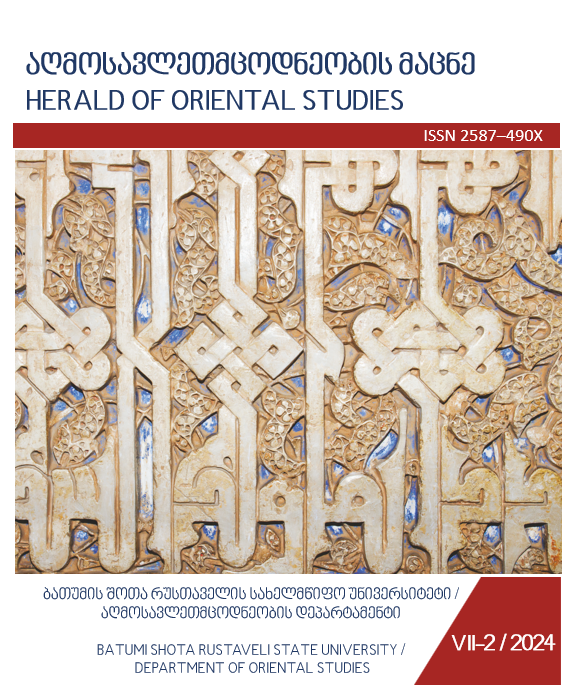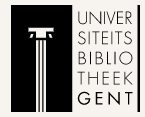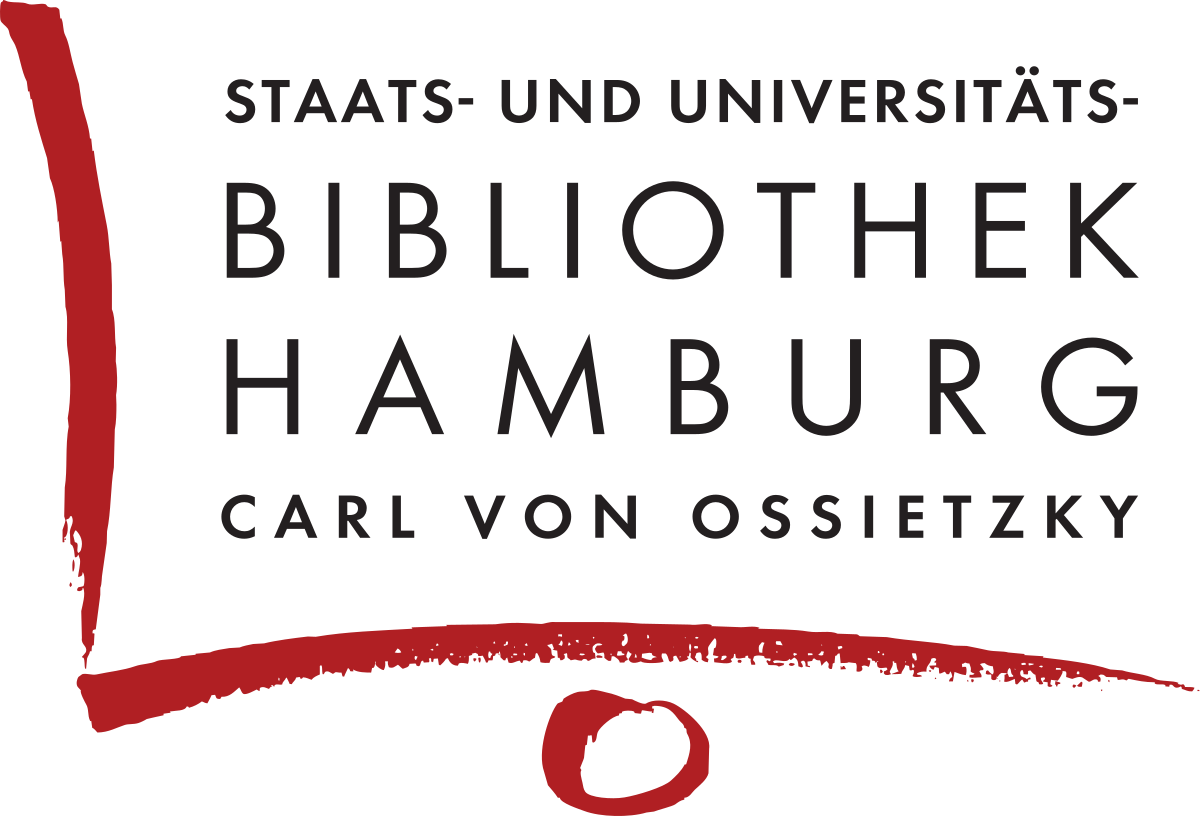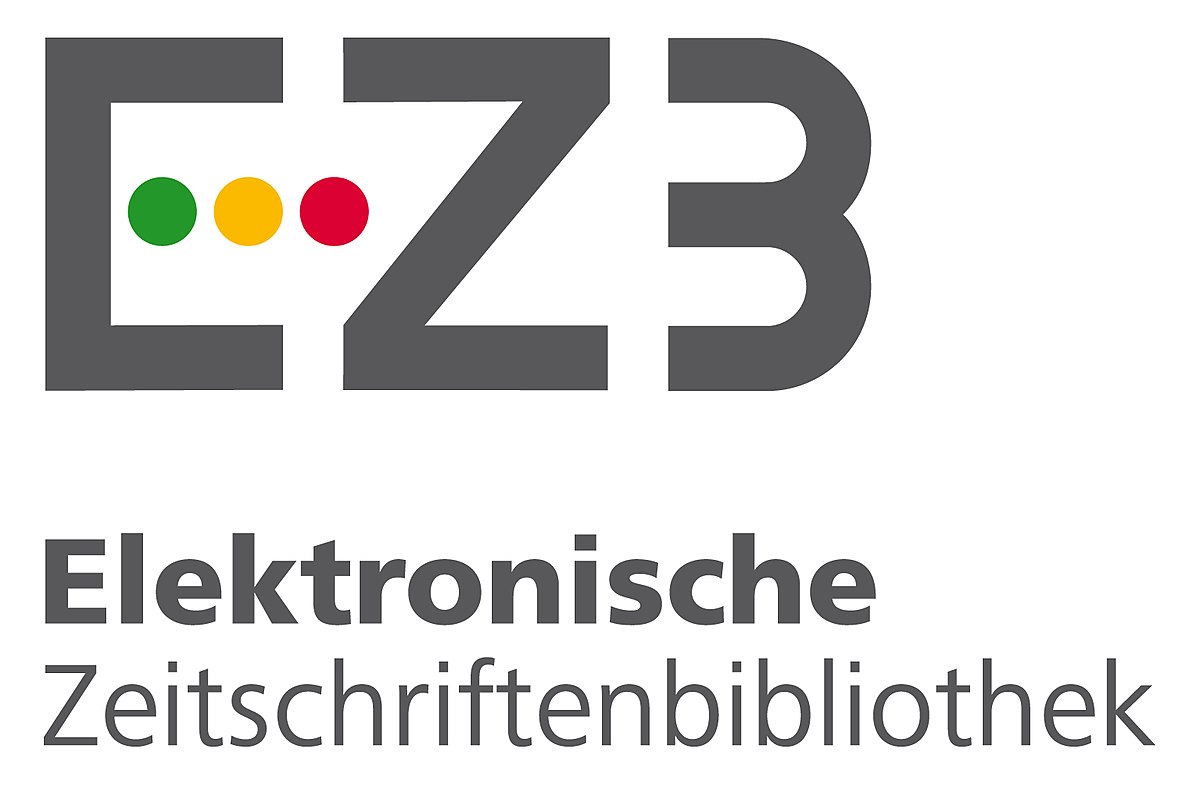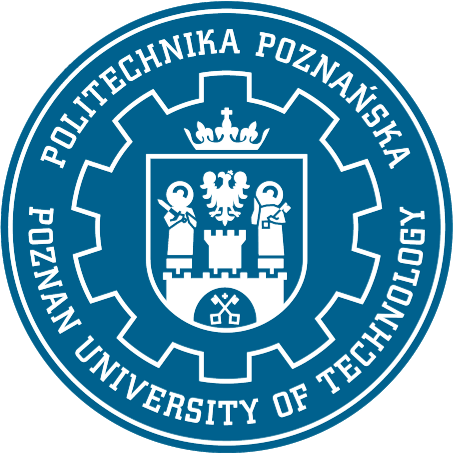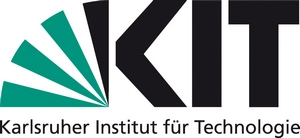“Repressions on Religious Grounds in Soviet Georgia” (According to the data of the MIA archive)
DOI:
https://doi.org/10.61671/hos.7.2024.8272Keywords:
religions, repressions, clergy, Soviet Georgia, archive, არქივიAbstract
The subject of our research is a review of the project of 2022 State Scientific Grant Competition for Fundamental Research (NFR-22-21090) - "Repressions on Religious Grounds in Soviet Georgia (according to the data of the Ministry of Internal Affairs archive)" funded by the "Shota Rustaveli National Science Foundation of Georgia", which is carried out at the initiative of the State Agency for Religious Issues in cooperation with the archive of the Ministry of Internal Affairs of Georgia.
The fate of the repressed persons shows the tragic consequences of the Soviet Union’s imperial decisions for ordinary people. The issue of Soviet repression is one of the unexplored areas not only in Georgian, but also in the scientific literature of post-Soviet countries. In this regard, the cases of thousands of repressed clerics, preserved in various archives, are particularly interesting. The theme provides coverage of the research carried out by a group of researchers on religious repressions and repressed clerics in Georgia during the Soviet period (1921-1991). After the annexation of Georgia (1921), the "Red Terror" and pursuing an atheistic religious policy against all denominations operating at that time began actively: hundreds of cult buildings, religious schools were closed, persecution of clerics of Orthodox, Catholic, Armenian-Apostolic, Christian-Protestant, other Christian confessions, as well as Jewish and Islamic communities on religious motives began with special cruelty. Anti-Soviet and counter-revolutionary agitation-propaganda and other kinds of accusations were used as the basis for the persecution of clerics. The information about the clerics who were punished by three categories of punishment - shot, imprisoned and exiled - was processed.
A group of researchers participates in the current Project: Zviad Tkabladze (Head of the Project), Giorgi Patashuri (Project Coordinator), Zaza Vashakmadze, Sergo Farulava, Abesalom Aslanidze, Marine Mazmishvili, Davit Davitashvili, Badri Cherkezishvili, Lali Ekhvaia.

